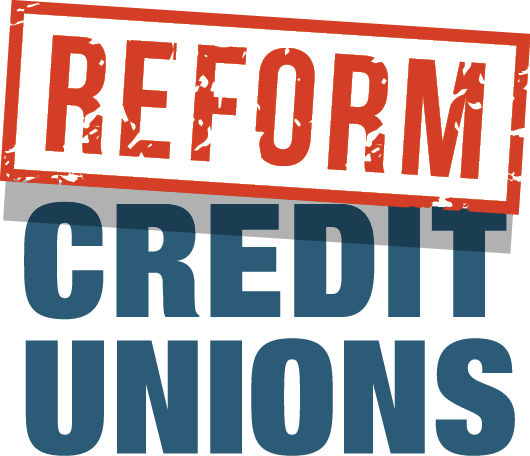Credit unions were created in the 1930s with a noble purpose in mind: Pool the resources of people who shared a common bond to help relieve the financial struggles of people of modest means within their community of shared interests.
Given such an important social mission, it made sense for credit unions to get help from the government so that they could help others. As a result, credit unions are exempt from the taxes, regulations and transparency required of profit-making entities.
Yet something has gone awry over the past decade. Despite their mission, many credit unions have chosen to expand services in affluent communities, even as the country has seen a sharp increase in economic inequality in the United States. The reality is today’s large national credit unions are growth-seeking businesses splashing their names on sports stadiums, advertising on national TV, offering counseling for “wealth management,” lending money for vacation homes and jet skis, and extending their services to “everybody.” Not exactly what Congress intended when credit unions were created.
“With economic inequality at levels scarcely seen since the Gilded Age… it is thus timely, if not also urgent, to review the extent to which U.S. credit unions – founded on an economic-equality mission and still granted significant benefits to achieve it – continue to adhere to their initial lofty goals,” said a June report from Federal Financial Analytics, Inc. (FFA) that assessed credit unions’ equality commitment.
The FFA report contends that “the question of equality banking is as urgent in 2019 as it was in 1934.” It notes that the median net worth of people in the bottom quintile of income distribution declined by nearly 40 percent between 2001 and 2016, taking inflation into account.
So why aren’t the government benefits accorded credit unions flowing through to the people who need them most?
“We find that credit-union members are disproportionately middle- and upper-income households and that many lending services put vulnerable households at risk of unaffordable indebtedness instead of creating a solid foundation for long-term wealth accumulation,” FFA wrote. “Surprisingly, those credit unions that are premised on service exclusively to low-income households, and thus receive additional charter benefits, not only mostly serve those with higher incomes, but also principally provide subprime automobile lending with disproportionately high default rates.”
The result is that people with the most to lose happen to lose even more through poor credit ratings, bankruptcies and debt.
It would help undo some of the damage and provide hope to those of “small means” if the National Credit Union Administration (NCUA) insisted on rules that require credit unions to fulfill their original purpose and do so as transparently as possible.
The need to address income inequality still exists, but many credit unions don’t appear to be up to the task.
